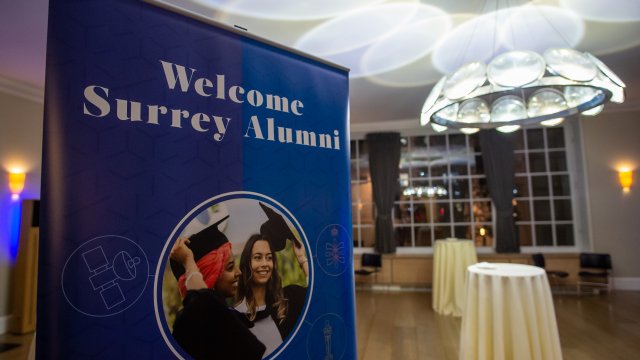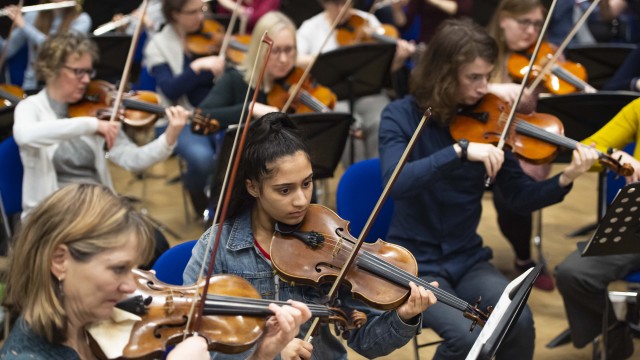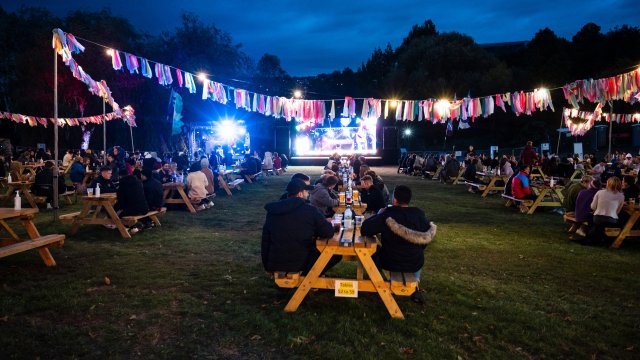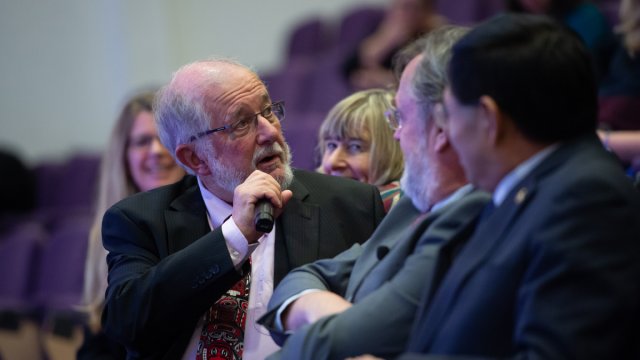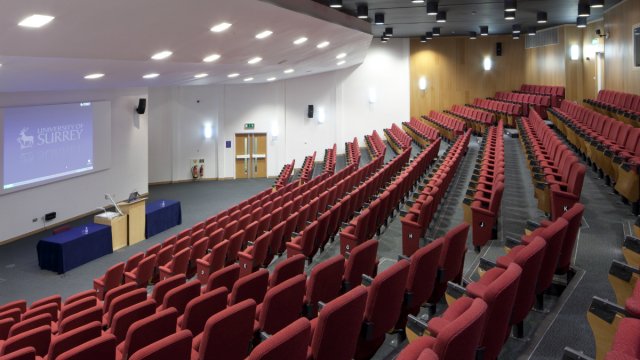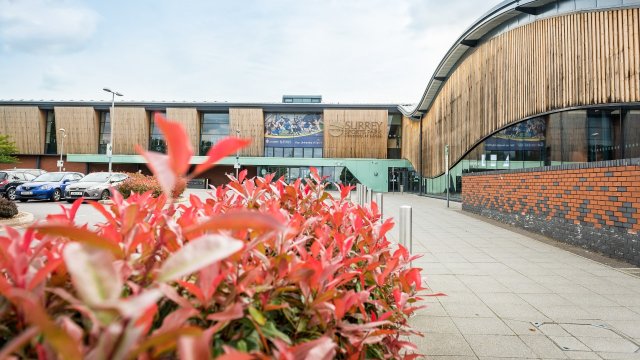Events
Saturday 20 June 2026
Undergraduate open day
This event is for all undergraduate programmes.
Mailing list
Join our mailing list to subscribe to our regular 'What's On' e-newsletter and receive personal invitations to forthcoming University events of interest.
Join our mailing list
Visiting the University
Find out how to get to the University, exploring our campus and how to get around.
